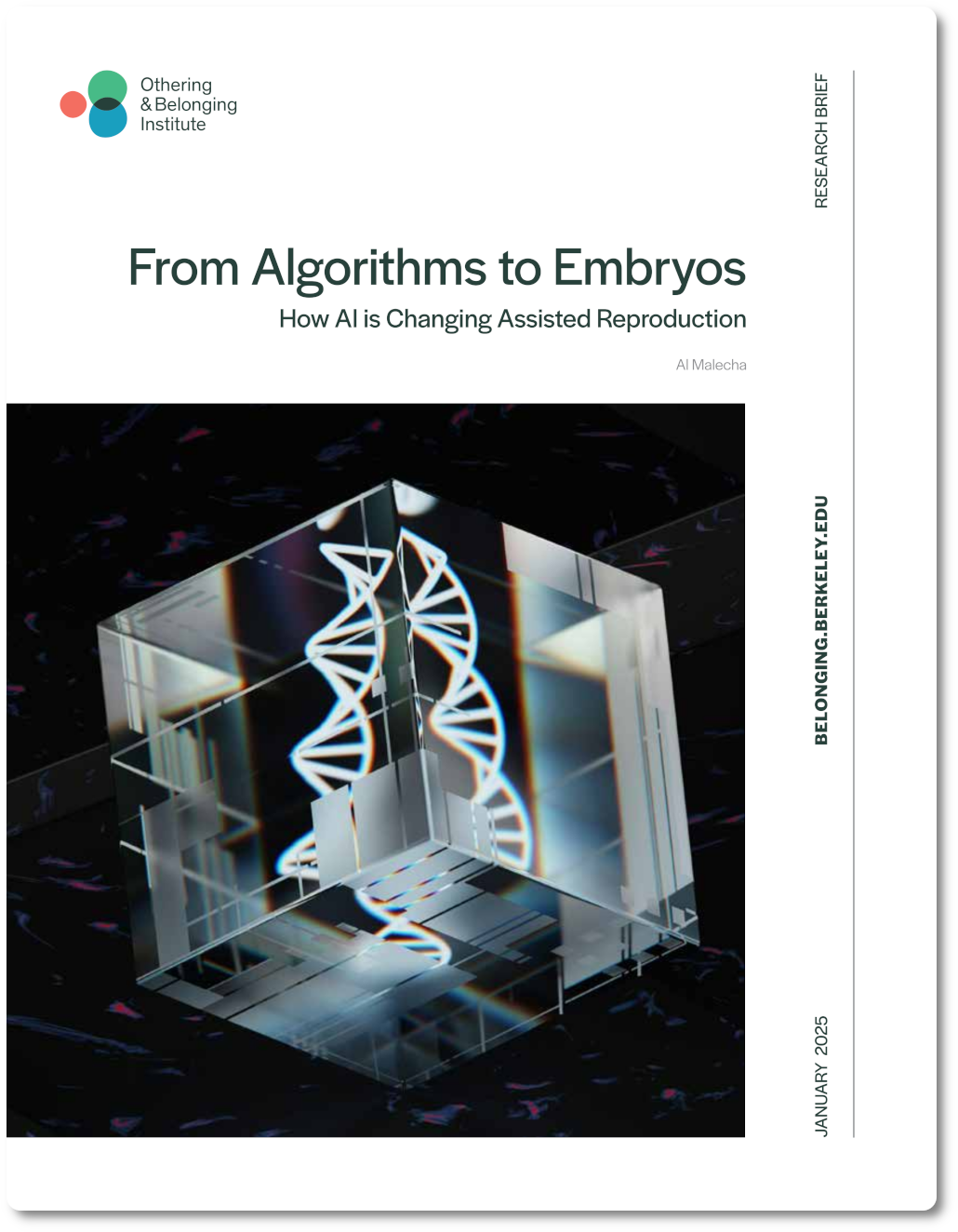Assisted reproductive technology (ART) is not new—the first IVF baby was born in 1978. However, improvements to laboratory technique and advances in understanding of human physiology have made IVF more successful and more widespread. Along with developments in technology, the high cost of IVF has increased pressure among patients and doctors to select specific embryos based on the likelihood they will result in a live birth.
While embryo-selection procedures traditionally utilize laboratory methods, the rise of machine learning (ML) and artificial intelligence (AI) in other sectors has more recently crossed over into fertility medicine. Within the last ten years, a handful of companies have developed products that claim to use big data and image analysis to select the best possible embryo for implantation. Some of these companies have even claimed that their technologies, based on images alone, will be able to conduct pre implantation genetic testing.
While these technologies could have a massive impact on the lives of those living with infertility and those who use ART, they often rely on poorly understood black box algorithms and are not subject to sufficient regulatory oversight to prevent harm from occurring to not only those who use them, but society at large. This brief examines the ethical and moral challenges presented by the introduction of AI into the world of ART and underscores the need for a framework that ensures the ethical guidance and implementation of AI-assisted reproductive technologies. Click here to download this brief.





